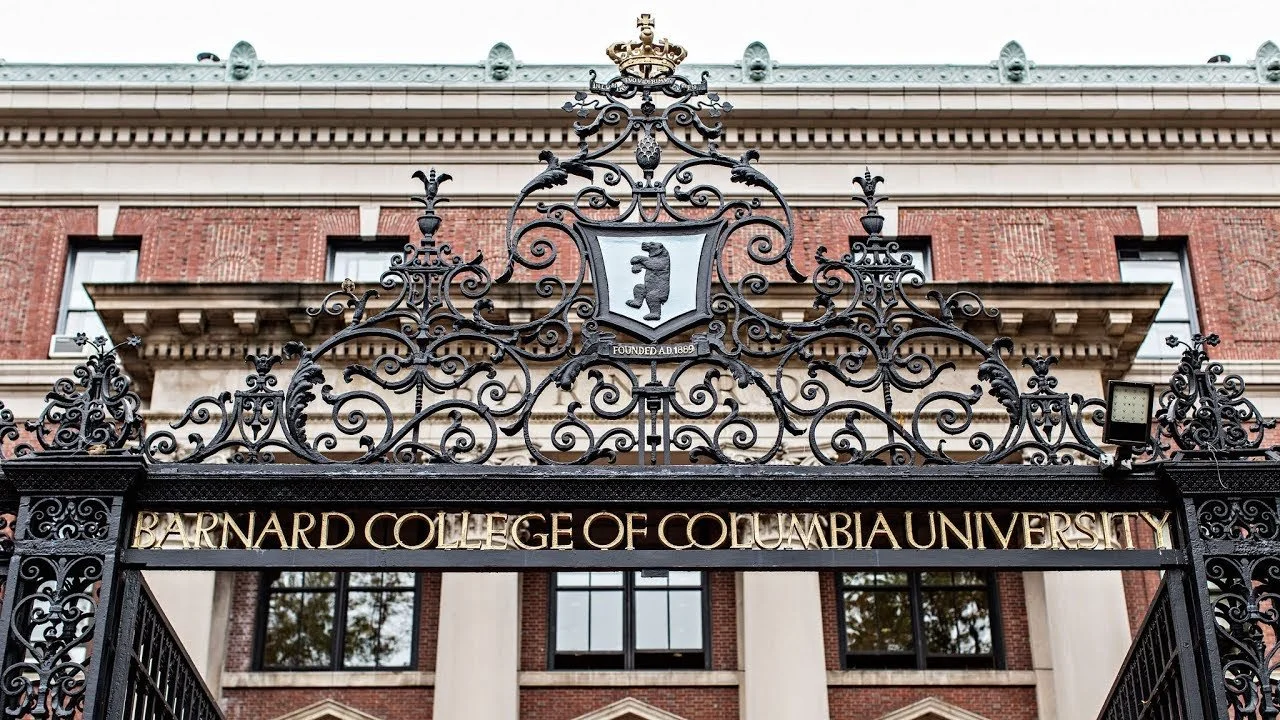A Big Funder's Final Push for Better STEM Education in Florida
/Grantmaking from the Helmsley Charitable Trust stretches back less than a decade, but it has already made a name for itself in healthcare and medical research. And with over $5.5 billion in assets, Helmsley has room to diversify. Over the past few years, money has flowed to causes like local giving in New York City, gifts to support Israel, and grants to help children in impoverished countries.
We’ve also been following Helmsley’s education grants, which support both K-12 and higher ed. Where the latter is concerned, this funder’s priority since 2012 has been STEM: increasing the number of graduates in majors that attract lots of students but also suffer from high attrition rates. One place where Helmsley has been working is Florida, where nearly 50 percent of the state’s total university students attend institutions that form the Florida Consortium of Metropolitan Research Universities.
A new $1.5 million grant to the Florida Consortium will build on Helmsley-funded faculty learning sessions that found, in 2016, that STEM teaching methods could be improved to retain students. The current project will gather university faculty, community college educators, and business leaders to hash out how to make curriculum and classroom learning more appealing for students in STEM. The overall goal is to widen the “college-to-career pipeline” in STEM fields, which the Florida Consortium cites as a financial benefit for the students themselves and a boon for the region’s economy.
A newer funder with very well-stocked coffers, along with a lean staff and a hands-on board, the Helmsley Charitable Trust has a tendency to support innovative “big-payoff” projects. In this, it can seem more akin to new-money Silicon Valley philanthropists than some of its fellow legacy funders.
Helmsley’s main focus is medical research and healthcare, and its gone all out in its fight against Type 1 diabetes, becoming the nation's biggest philanthropic funder in this area. Its research dollars have also sought a better understanding of inflammation, which plays a role in a wide range of medical conditions and complications, like Crohn’s disease and IBD. In addition, Helmsley has carved out a distinctive niche in seeking to improve rural American health, an area often neglected by funders.
In K-12 education, Helmsley joined major players like Gates, Hewlett, and Mott to back the Common Core. In higher ed, Helmsley’s push to boost STEM pairs well with its biomedical funding, and it hasn’t been afraid to give in some unconventional places.
Unfortunately for STEM educators, Helmsley is currently winding down its educational grantmaking program, along with giving in conservation and some areas of medical research. We’ll have to see whether it will simply step up giving to its core causes, or embark on different grantmaking avenues altogether.
Meanwhile, as the Florida Consortium seeks an improved STEM curriculum in 2018 and beyond, it’ll have to look to alternative funding sources. Its other two backers are the Kresge Foundation, which has been a consistent funder in STEM education, and the Helios Education Foundation. Helios is often associated with Arizona, where it’s based, but its grantmaking regularly extends to the Sunshine State.
Related:


























